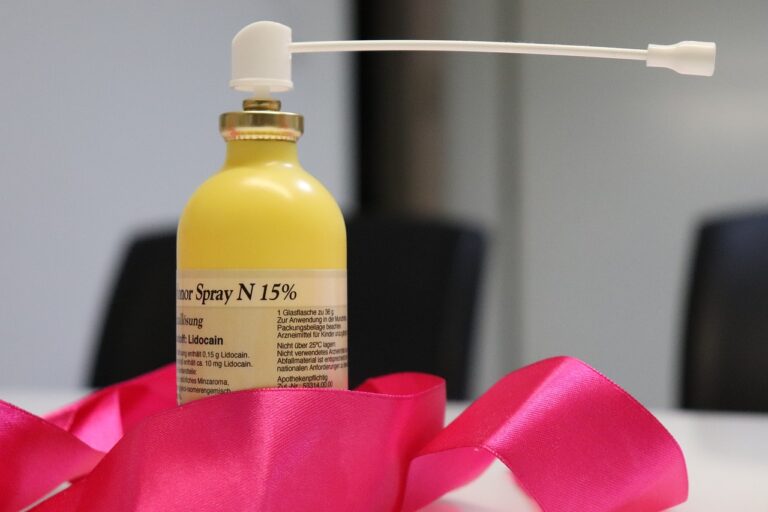Analyzing the Role of Medical Laboratories in Assessing Water Treatment Efficiency: Goldenexch, Cricbet99 link, King 567
goldenexch, cricbet99 link, king 567: Water treatment is a crucial process that ensures the safety and quality of the water we use for drinking, cooking, and other household purposes. While water treatment plants play a significant role in purifying water before it reaches our taps, it is equally important to assess the efficiency of these treatments to guarantee the removal of harmful contaminants and pathogens. This is where medical laboratories come into play.
Medical laboratories play a vital role in assessing the efficiency of water treatment processes by conducting various tests and analyses on water samples. These tests help in determining the presence of pollutants, bacteria, viruses, and other harmful substances in the water. By analyzing these samples, medical laboratories can provide valuable insights into the effectiveness of the treatment methods used by water treatment plants.
So, how exactly do medical laboratories assess the efficiency of water treatment processes? Let’s dive into the details.
1. Sampling: The first step in assessing water treatment efficiency is to collect water samples from different points in the treatment process, such as raw water sources, after filtration, and before distribution. These samples are then sent to medical laboratories for further analysis.
2. Physical and Chemical Analysis: Medical laboratories conduct physical and chemical analyses of water samples to measure parameters such as pH, turbidity, dissolved oxygen, and the presence of heavy metals or organic compounds. These tests help in understanding the overall quality of the water and identifying any potential pollutants that may have escaped the treatment process.
3. Microbiological Testing: One of the most critical aspects of water treatment assessment is microbiological testing. Medical laboratories use techniques such as culturing, polymerase chain reaction (PCR), and next-generation sequencing to detect the presence of bacteria, viruses, and parasites in water samples. This helps in determining if the treatment methods are effectively eliminating harmful pathogens.
4. Quality Control: Medical laboratories also follow strict quality control measures to ensure the accuracy and reliability of their test results. This includes using standardized testing protocols, maintaining proper lab conditions, and regularly calibrating equipment to provide precise and consistent analyses.
5. Interpretation of Results: Once all tests are completed, medical laboratories analyze the data and provide detailed reports to water treatment plants. These reports help plant operators to identify any shortcomings in their treatment processes and make necessary adjustments to improve water quality.
6. Continuous Monitoring: In addition to one-time assessments, medical laboratories also offer ongoing monitoring services to track the effectiveness of water treatment processes over time. This continuous monitoring helps in ensuring that water quality standards are consistently met and maintained.
By partnering with medical laboratories for water treatment assessment, water treatment plants can ensure the safety and quality of the water they provide to consumers. The insights provided by these laboratories help in identifying potential risks and improving treatment processes to meet regulatory standards and protect public health.
FAQs:
Q: How often should water treatment plants conduct assessments with medical laboratories?
A: It is recommended that water treatment plants conduct assessments periodically, such as quarterly or bi-annually, to ensure continuous monitoring of water quality.
Q: Can medical laboratories help in identifying emerging contaminants in water?
A: Yes, medical laboratories use advanced techniques to detect emerging contaminants and provide insights into their presence in water samples.
Q: Are the test results provided by medical laboratories reliable?
A: Yes, medical laboratories follow strict quality control measures to ensure the accuracy and reliability of their test results, making them a trustworthy source of information for water treatment assessment.







